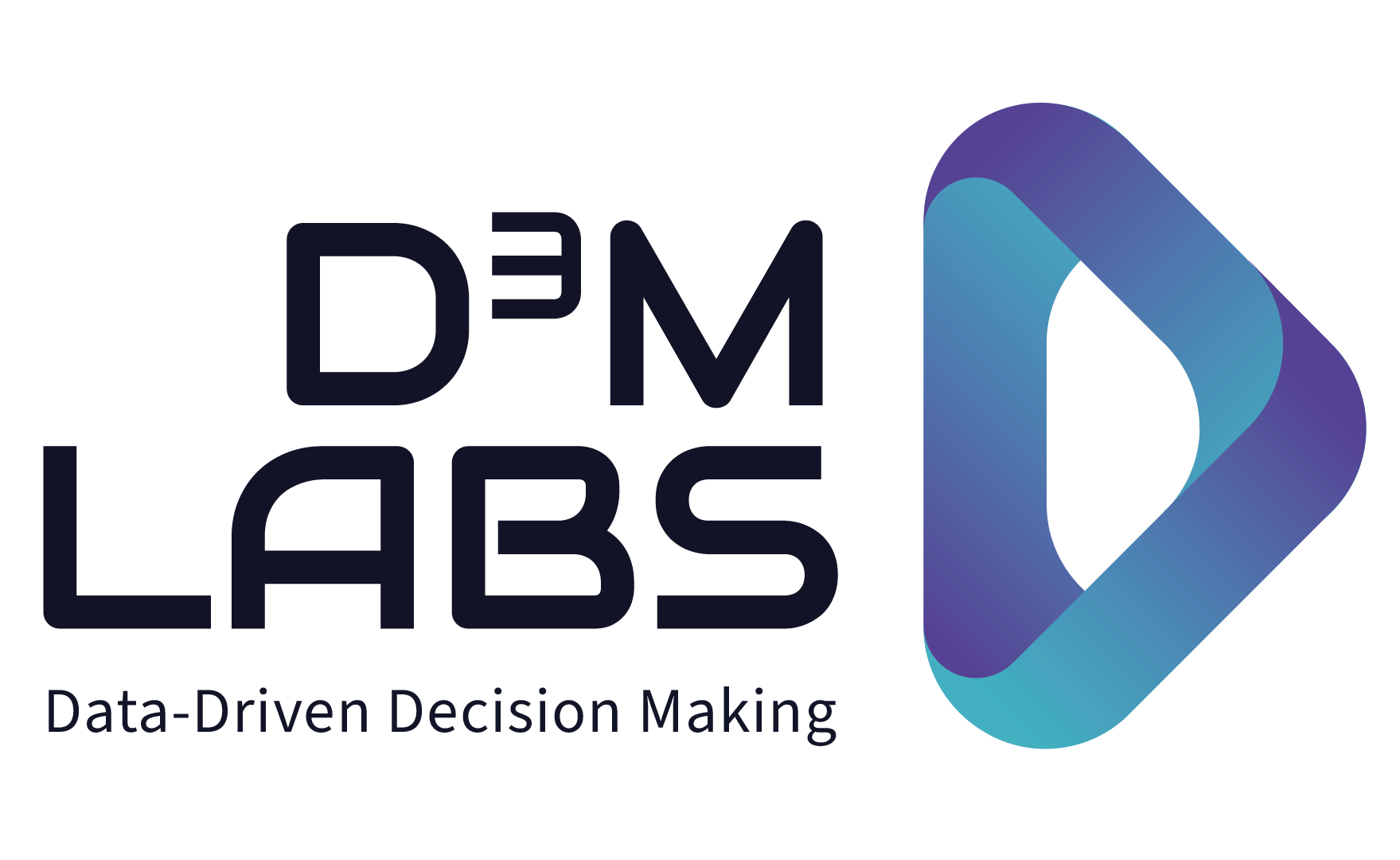Kategorie: Data Leadership
Data Leadership in Transition: Navigating Generative AI and Business Value
This year is a time of transition for many data leaders—at the intersection of Generative AI, economic shifts, and political change. Data Leader Divya Bokaria and Elizabeth Press (D3M Labs) explore how the world is evolving, while emphasizing that data leaders remain stewards of business value.🧩
Data leaders navigate complex, evolving value chains and translate insights into strategies, objectives, and processes. Technologies and workflows may change, but the core mission remains: turning data and complex technologies into measurable business outcomes, whether in formal leadership roles or beyond. The image was generated by ChatGPT
From European Integration to Digital Innovation: A Franco-German Tech Story
What will define Europe’s digital future in 2026? From Franco-German cooperation to the ubiquity of Silicon Valley, Data Leader Nicolas Michaud and Elizabeth Press (D3M Labs) reflect on the evolution of digital leadership in Europe.
Elevate Your Data Team: How an ITIL Service Model Drives Performance & Value
After more than a decade of leading data teams at various organizations, including startups and enterprises, I’ve seen centralized functional organizations, centers of excellence, start-up one woman shows and agile, zombie agile, pods, squads, the federated, the „data as a product“ model. But after all the pivots, restructures, and retrospectives, I’ve landed on a conclusion that might raise eyebrows: most data teams should function as service teams—with the critical caveat that they adopt ITIL principles.
Image was generated by ChatGPT.
Is the love of artisinal SQL the downfall of data teams?
The artisanal approach to SQL and the masterpiece culture in querying are not-so silent killer of many data teams. The self-view of many analysts and even data leaders is that writing long queries is an intellectual and technical pure form of analysis. However, if crafting a 200-something line SQL query takes hours or even days (a scenario all too familiar), it’s a sign that your data team is operating like artistic masters. Let’s face it, data teams don’t have royal sponsors to create masterpieces. Thinking Bauhaus is more fitting for cash-burn budgets that most data teams run on.
Avoiding Data Strategy Spaghetti: Be more like Hummus. Be Simple.
Analytics Fear of Missing Out (AFOMO) might be the reason your data strategy resembles a chaotic spaghetti-filled pasta bar, with many options and free-form combinations. This pervasive apprehension compels individuals and businesses alike to scramble in fear of being left behind, driving them to relentlessly try new KPIs and keep options open with any data set they could recall being in their organization. This blog is inspired by my interview „Data should be like a plate of hummus,“ a conversation with Lior Barak and Elizabeth Press (myself) from D3M Labs.
Die Sicht eines Data Leaders auf Cybersicherheit
Dieser Blog enthält einige meiner wichtigsten Eindrücke von der kürzlich stattgefundenen niederländisch-bayerischen Konferenz ‚Zusammenarbeit in der Cybersicherheit: Die wichtigsten Aufgaben für die Unternehmensführung‘ in München, organisiert von InnovationQuarter. Ich hatte das Privileg, von der Recruiting-Firma GCS zu der Veranstaltung eingeladen zu werden. Die Welt wird immer digitaler und gefährlicher, was den Gedankenaustausch über Cybersicherheit zwischen Freunden und Geschäftspartnern unerlässlich macht. Ich verbrachte einen Tag damit, brillanten Köpfen aus den Niederlanden, Bayern und darüber hinaus zuzuhören, die darüber sprachen, wie man Cybersicherheit zu einem C-Suite-Thema machen kann.
A Data Leader’s Perspective on Cybersecurity
This blog entails a few of my high-level takeaways from the recent Dutch-Bavarian „Collaboration in Cybersecurity: The most important tasks for business leaders“ conference in Munich, Organized by InnovationQuarter. I was privileged to get invited by the recruiting firm GCS to the event. The world gets increasingly digital and dangerous, making the exchange of ideas about cybersecurity between friends and trading partners essential. I spent a day listening to brilliant minds from the Netherlands, Bavaria and beyond talk about what how to make Cybersecurity a C-Suite issue.
Operational Analytics, a New Paradigm for Delivering Data-Driven Impact
From higher ROI to easier use, operational analytics answers many contemporary challenges facing data teams. I (Elizabeth Press), spoke with Dani Solà Senior Vice President of Data and Analytics at Clark about Operational Analytics. Success, however, necessitates a well-governed data platform and solid security concepts. When your stakeholders come back with questions, it’s a sign of engagement and thus relevance of the system you built.
Experiences of Toxic Leadership in Data
Kasia Musur from VENT conducted research about experiences of toxic leadership amongst data professionals in cooperation with Elizabeth Press from D3M Labs. The blog is a high level summary of a couple of insights with a link to the full interview on the D3M Labs YouTube channel.
Die nachhaltige Beschaffung von Datentools ist dringend erforderlich,Teil 2: Wie verhindert man, dass der planlose Kauf von coolen Tools das Engineering-Team aus der Bahn wirft?
Ingenieure und Customer Success Teams sind die unbesungenen Helden des IT-Betriebs.
Hast du dich schon einmal gefragt, was sie über deine Kaufgewohnheiten denken? Vor allem in virtuellen Organisationen können Ingenieure und Kundenerfolgsteams bei Anbietern in ihrer Programmierhöhle leben, hart arbeiten und für andere unsichtbar sein. Wenn man impulsive coole Tools kauft, ohne die Ingenieure mit einzubeziehen, kann das nicht nur diese schwer zu rekrutierenden Fachleute in den Wahnsinn treiben und die Beziehungen zu den Anbietern belasten, sondern auch die Entwicklung Ihrer Plattform und wichtige Projekte wie die Datenmigration zum Scheitern bringen. Das könnte Ihre Ingenieure so frustrieren, dass sie kündigen.









